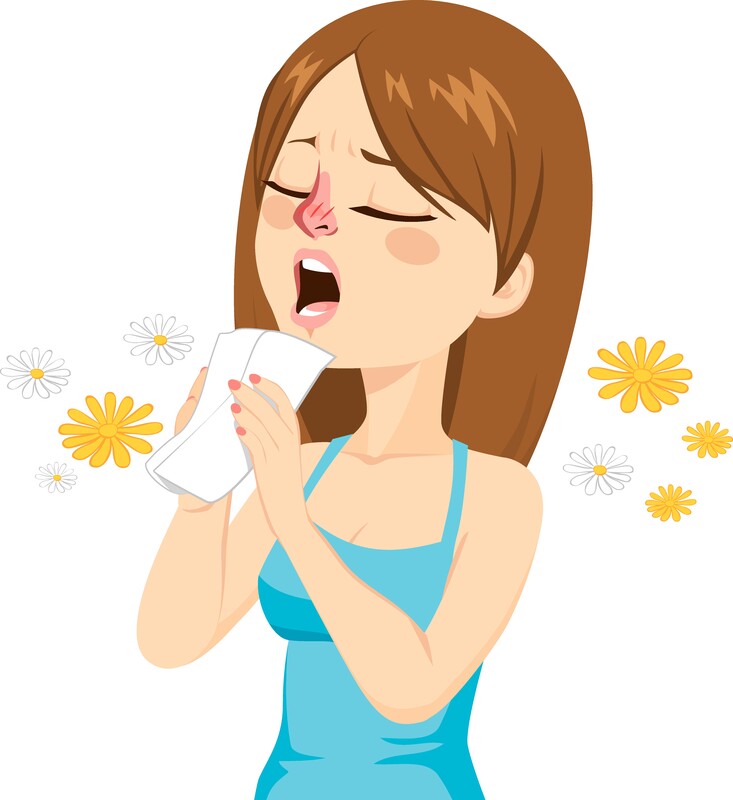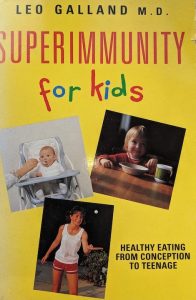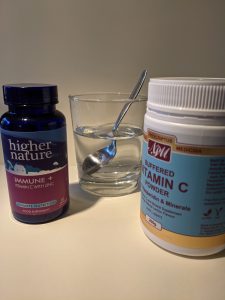
Here are some ideas for self help with colds and flu. And little about homeopathy which can help too.
I caught a cold last week – in common with many others, it seems. Well, it is that time of year. Pre-pandemic, colds and flu were not newsworthy – but they are now. I shall not labour the point, but the media doom and gloom is not particularly helpful.
As we have all learned during these past months, respiratory infections are caused by viruses and viruses that tend to mutate.
The characteristics of the various offending bugs we can leave to the scientists, but when it comes to the counter attack, respiratory viruses seem to be rather slippery characters.
Fortunately most respiratory infections are self limiting – even Covid. Being sensible makes a significant difference to the outcome.
So what are the tips for self help with colds and flu? And what should we not do?
I just penned a short editorial for the The Herald (issue 414 p38). What could be said in 300 words is limited, but I emphasised the importance of good general health in building immunity.
Modern life with its cities and technologies is about as distant from the natural world as you can get. One of the gains from the environmental movement is a reawakening to that lost connection.
Here are three simple steps to reconnect:
Firstly, get a good night’s sleep. As the hours of daylight shorten, you don’t need to be a genius to infer that this is suggestive of more sleep. Sleep is a health regenerating process and a lack of sleep increases our vulnerability to infection.
Secondly, consider your eating habits. Eating may be pleasurable, but its real purpose is to supply the body with the necessary nutrients. The gut flora is known to be important in immune health. It is common sense then to focus on healthy fresh food.
Thirdly, get outside into the sunlight as much as you can. Living by the New Forest and the coast, there are plenty of options. Not only is exercise good for the body, it is good for the mind also.
Whilst nutrition should be the main source of vitamins and minerals, there is a logic to vitamin D (specifically vitamin D3) supplementation during the winter months.
Otherwise known as the sunshine vitamin, it is made by the action of sunlight on the skin. Reduced daylight and overcast weather mean that vitamin D deficiency is common in winter.
Vitamin D has many functions which you can look up online, but of particular relevance is its role in maintaining respiratory health. It is generally anti-inflammatory.
Daily supplementation in the range of 2000 to 4000 IU (international units) or 50 to 100 micrograms should be perfectly safe for adults (half the dose for under 12s).
Start low and increase as winter progresses, then tail off again as the days lengthen. As ever, take advice if you have particular health conditions.
Theoretically excess vitamin D can be toxic (elevated calcium levels and intestinal symptoms) but such events require massive doses over extended periods. In short, sensible supplementation is safe.
The supplement is mostly available as tablets or capsule of 1000 to 2000 IU tablets which is itself a guide to dosage.
You may recall a time when Mums gave cod-liver oil to her school age kids? Guess what, it is Vitamin D rich. Two teaspoons is about 1000IU
Here is a selection of articles / videos. The NHS dosage guidelines (just 400IU) seem to be rather conservative.
NHS Vitamin D Healthline Vitamin D Dr Seheult Medcram John Campbell PhD Epidemic Influenza and Vitamin D
We all do, and it may even be necessary that we do so in order to keep the immune system in trim. Or it could be a reminder to slow down, and metaphorically ‘recharge the batteries’.
So, here are the tips for self-help with cold and flu. What should you do? Or not to do?
In short:
When we get a cold it is popular to reach for over the counter medicines most of which contain Paracetamol or aspirin (pain / fever relief), and other ingredients like Pseudoephedrine (decongestant) that relieve your symptoms.
Strange as it may seem, your symptoms are your body’s curative reaction to the virus. Unpleasant, these may be, but they have a purpose. Fever, for example, stimulates the immune system into action.
Here is a short quote from Dr Russell Malcolm a medical doctor and homeopath in Scotland:
“avoid Paracetamol and Aspirin completely …. [they] have no curative power at all … there is evidence that interfering with this process can lengthen the illness and increase the incidence of complications.”

On my bookshelf is a small volume that I bought when my son was a baby 30 years back – in the chapter on respiratory infections, sore throats, colds and flu the author (American, Dr Leo Galland MD), puts it simply:
“I recommend rest, chicken soup and TLC (tender loving care). For severe infections with fever, lots of aches and/or uncomfortable congestion, I find short megadose therapy of vitamin C helpful.“
I’ll come back to vitamin C shortly.
Dr Malcolm also states “Flu is not a headcold”. As the old joke says, if a £50 note blows into the garden when you have a headcold, you’ll wrap-up and go out to catch it, with flu you surely will not!
Half a century earlier, Dr Dorothy Shepherd (1888-1952) said this:
“It is the fashion to call every slight feverish chill influenza; but if after the temperature has come down, the depression, exhaustion and weariness is such that it is too much effort to do anything, that life is really not worth living, you know you will have had influenza; after a mere feverish chill you will feel as well on getting up as you did before the attack.
Unfortunately many people take no notice of the danger signals of weakness and prostration, and insist on getting up, even returning to work before they are fit, thus laying themselves open to broncho-pneumonia…and sudden death’
‘During the feverish period the patient should be allowed nothing but raw fruit and fruit juices, and not synthetic bottled juices. Fresh oranges, lemon juice, apple drinks, grapefruit drinks at frequent intervals will cleans the system and prevent any undue strain being thrown on the gastric organs. No meat juices, no milk, are permissible. After the temperature is down, the diet may be increased and may include vegetable broth, Yeastrel drinks ( Marmite?), wholemeal toast. Gradually other foods may be added…“
No.1 rule then is REST. You may recall what happened to PM Boris Johnson when he tried to keep going through his Covid infection … viruses don’t respecter rank!
Modern society tends not to permit absence from work or school, which is a pity and probably counter productive …Covid, might remind us of old wisdom.
Vitamin C has a direct anti-viral effect that has been well researched.
Dr Leo Galland mentioned above, continued:

“To treat severe colds, viral infection such as sore throats or bronchitis, and flu, I find megadoses of vitamin C very effective…I recommend the highest dose you [or your child] can take. 1000mg an hour, until he begins to get loose bowels (Excess vitamin C…draws water into the intestines). This will establish [the] saturation point.
Stop the vitamin C until the next day, when you [or your child] should [take] 1000mg every 2-3 hours until the bowels become loose. Stop the vitamins again until the third day, when you should give 1000mg every four to six hours. Maintain this dose until the cold is over, then gradually cut the dose back over two weeks to 1000mg a day.
The anti-viral effect of vitamin C depends on getting the highest level possible into the tissues.
Is it safe? Very: not only against viruses but also acute allergic reactions. When should you not give vitamin C? If you [your child] has kidney disease or is too sick to take food and liquid along with it.“
This is the protocol I follow myself. Loose bowels do not result in my case, but they may for you, everyone is different.
Zinc has a important function in supporting immune health. A healthy diet should suffice for daily needs, but supplemention at 20-40mg per day when you are sick can be helpful.
The herbal remedy Echinacea can also help on first signs of a cold or flu. But Echinacea should be taken for only a few days (say a week) as thereafter it can be counter productive. Follow the manufacturers guidance on dosage.
Most respiratory infections are self limiting and are more likely to be so, if you follow the good advice above. Homeopathic medicine can undoubtably speed recovery but selection of the correct remedy takes a little skill, but can be learned. First aid kits are available for home use.
Should you have a viral respiratory illness that is lingering on uncomfortably, and wish to try a homeopathic approach please call and leave a message or text (see Contact) and I will call back – the ‘Discovery Call’ arrangement is for clients with longer term issues. (Expect a nominal charge of around £10 for any remedy sent).
However – and very importantly – seek immediate medical help (GP or A&E) if your condition is getting worse and especially if you have breathing difficulties.